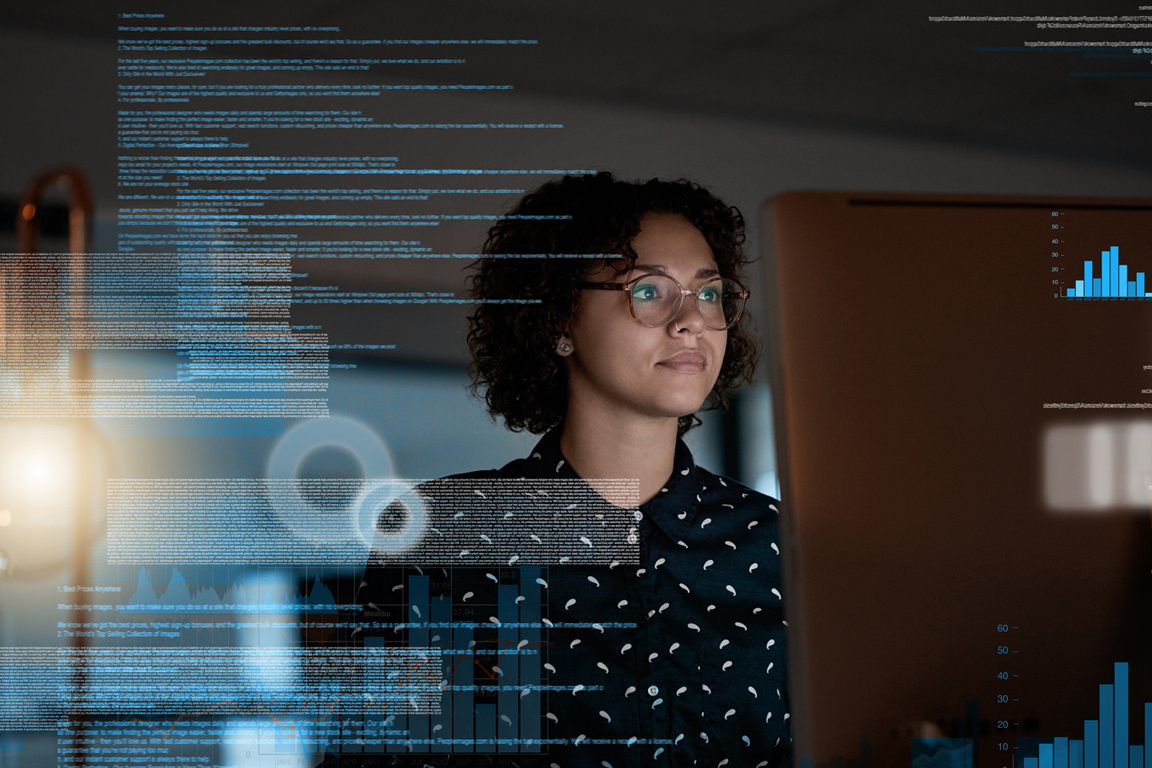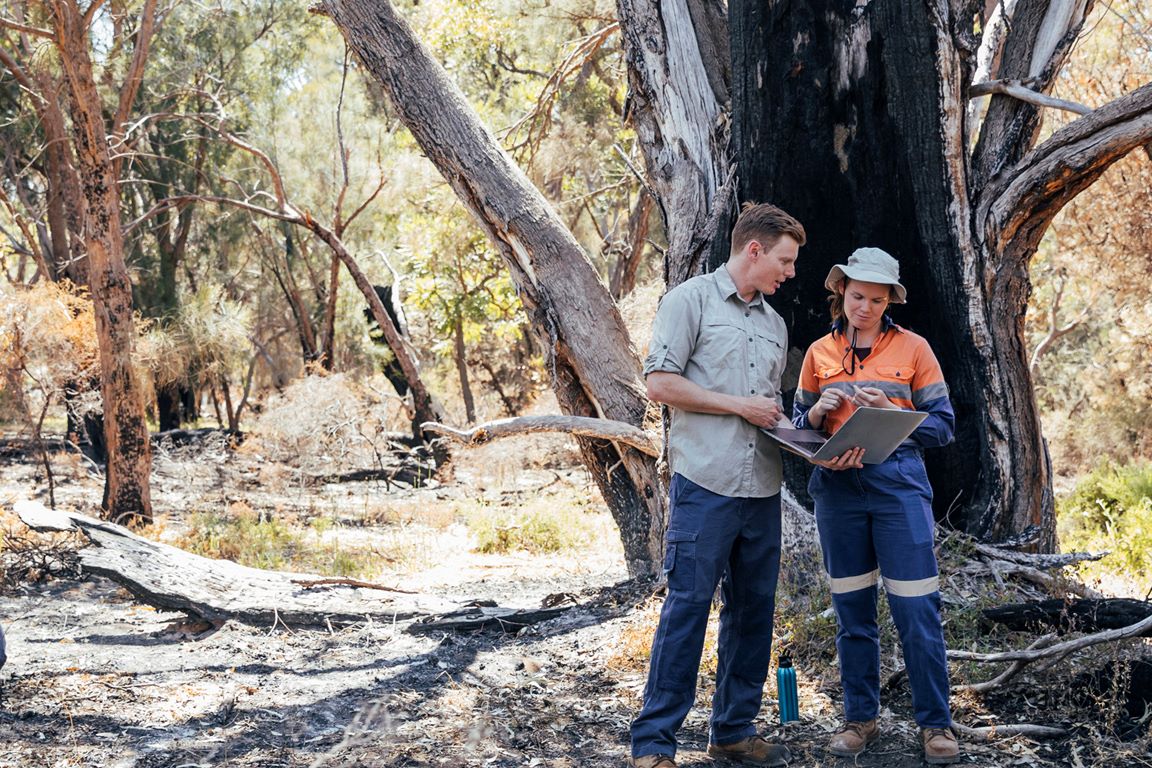About this course
This is a free, self-paced online course.
Do you ever reflect on the challenges of today and imagine options for a better future? As we increasingly recognise the complexity of our world, the challenges we face require new approaches.
What we need, are ways of thinking that can effectively work with complexity, such as systems thinking. Systems thinking gives us tools, approaches and skills to deal with messy, complex situations, both professional and personal. It opens pathways towards more sustainable futures.
In this taster course, you’ll learn how complicated situations are vastly different from complex situations or projects. This will equip you to take the next steps to experiment with systems thinking tools in later modules where you’ll apply them to the messy situations faced by you, your organisation or your project.
The full course will help you understand the value of systems thinking when engaging with challenging real-world situations. You'll learn about the ways of thinking, sensing and being in the face of a complex world.
The course content represents 20 years’ collective UTS Institute for Sustainable Futures (ISF) knowledge and expertise, which builds on the inspiration of a large number of systems thinkers. Our team of 70 researchers and 35 postgraduate students continues to innovate and apply systems thinking tools and approaches to improve real life complex situations.
The full course structure will deal with the following areas:
- Reality is messy: What types of situations are we dealing with? (Part 1)
- What is a complex system?
- Strengthening our systems thinking
- Worldviews and paradigms: looking deeply into ourselves and our societies
- Apply systems thinking in your world.
















